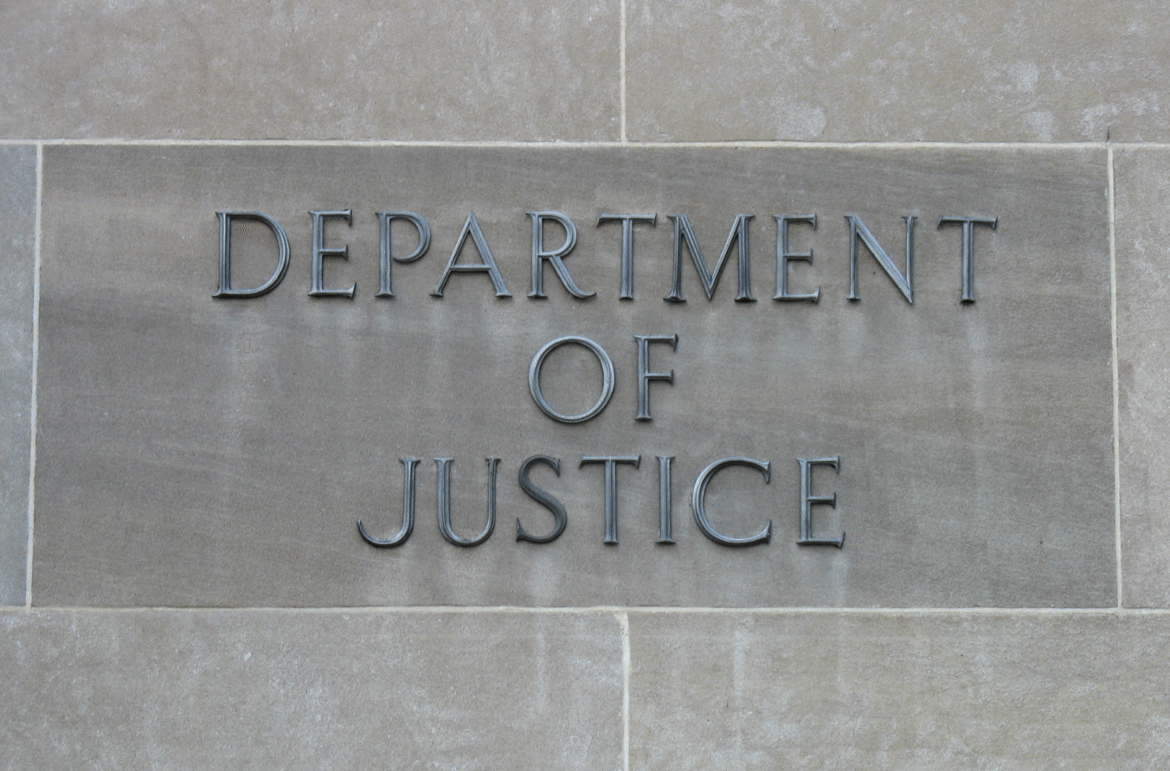According to a recent report by Bloomberg, Binance is nearing a major deal to get rid of the compliance monitor that was imposed by the U.S. Department of Justice.
The report says that no final decision has been made as of now, and Binance would have to step up its compliance reporting first.
Three-year monitorship
The compliance monitor was introduced as part of the 2023 plea deal agreement that the exchange secured with the U.S. government after being charged with anti-money laundering (AML) and sanctions violations. The monitorship, which was originally imposed in 2024, was supposed to last for a total of three years.
Forensic Risk Alliance (FRA), an international consultancy specializing in forensic accounting, was selected as the compliance monitor by the DOJ. It was competing for the job with Sullivan & Cromwell.
FRA was supposed to maintain access to the exchange’s internal documents and various records. It would also have the ability to review and evaluate the crypto behemoth’s compliance policies and come up with certain recommendations.
As reported by U.Today, Binance agreed to shell out more than $4 billion worth of fines as part of the deal with Changpeng Zhao stepping down as the company’s CEO, and serving several months behind bars.
Earlier this year, Zhao confirmed that he was also seeking a pardon.






